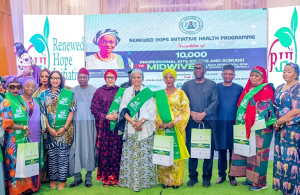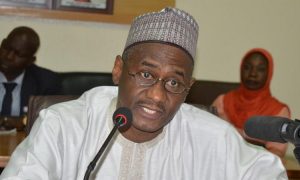Poland has some of the strictest abortion laws in Europe. Izabela Sajbor’s family say those laws are responsible for her death

“I hope I won’t get sepsis because then I won’t leave this place,” the 30-year-old wrote in a series of distraught text messages to her mother, just 12 hours before she died.Izabela had been admitted to the hospital after going into premature labor when she was 22 weeks pregnant. Just a few weeks before, she had been told that her unborn baby had Edwards’ Syndrome, a rare genetic disorder. Most diagnosed with the condition will die before they are born; her doctor told her to prepare for that outcome. Izabela was heartbroken, her sister-in-law Barbara Skrobol told CNN. She had very much wanted the baby, a sibling for her 9-year-old daughter.But after the fetal abnormality diagnosis, Izabela asked for an abortion on medical grounds. “They went to the doctors in Poland and asked if they could terminate the pregnancy, said Skrobol. “They said ‘no.” Then as she was looking to travel abroad, her waters broke. From her hospital bed in Pszczyna, southern Poland, Izabela explained to her mother that the doctors were waiting for the fetus’ heart to stop beating before they could operate on her via cesarean section in an attempt to avoid sepsis — a life threatening illness caused by the body’s response to an infection.”My life is in danger,” she said in one text message.”The doctors can’t help as long as the fetus is alive thanks to the anti-abortion law,” she wrote. “A woman is like an incubator.”When a scan showed that the fetus had died, Izabela was taken to the operating room. But on her way there, Izabela went into cardiac arrest, and died, according to her family’s lawyer. But no official cause of death has been released. And, it’s unclear why Izabela’s doctors did not perform an abortion. Her family says Izabela is the first victim of the latest tightening of Wydrzynska said women in Poland were under unprecedented attack. Women contemplating abortion now shy away from seeking advice from doctors, she said, explaining that they are coming to activists like her for help instead. “It is frightening that the responsibility for those people lies with us,” she said. “They don’t have the psychological support.” Some of the hardest calls she has had to field are from women like Izabela who have had tests showing fetal abnormalities, and who know that they must continue to carry a fetus they know will not survive birth. “It is sometimes hard for us to listen to this,” she said. “They have to leave the country as a kind of criminal, and they have to search for help in other places.”Last year ADT and Abortions Without Borders helped 1,540 women in Poland travel abroad for abortions, according to Wydrzynska.Dr. Magdalena Dutsch, from the Warsaw Women’s Institute for Health, said the law is penalizing Poland’s poorest, noting the financial burden for women who opt to travel outside the country for abortions.”This is huge inequality because not everyone has money to go to Slovakia to get an abortion and as a doctor, I’m supposed to help everyone equally — so that just hurts even more,” she said.Even inside Poland, Dutsch says the law amounts to a “location lottery” for women whose pregnancies might put their lives at risk. “If you live in Warsaw and you can come to this hospital where we are open and we talk about it … we have maybe a bit different interpretation of the law and we are not afraid,” she said. But the law has already had a chilling effect, she said.Activists say women are often reluctant to ask for help and some doctors worry about the consequences of performing an abortion if they are perceived as being too quick to offer an abortion, even in situations where the mother’s life is in danger — like in Izabela’s case. Dutsch told CNN she can’t make sense of the US Supreme Court’s decision to overturn Roe vs. Wade. To her, the decision to have an abortion is a fundamental right.”It shocks me that this freedom of choice is taken away from women,” she says — even in the United States, which she had thought of as the land of “freedom.”CNN’s Anna Odzeniak contributed reporting.






